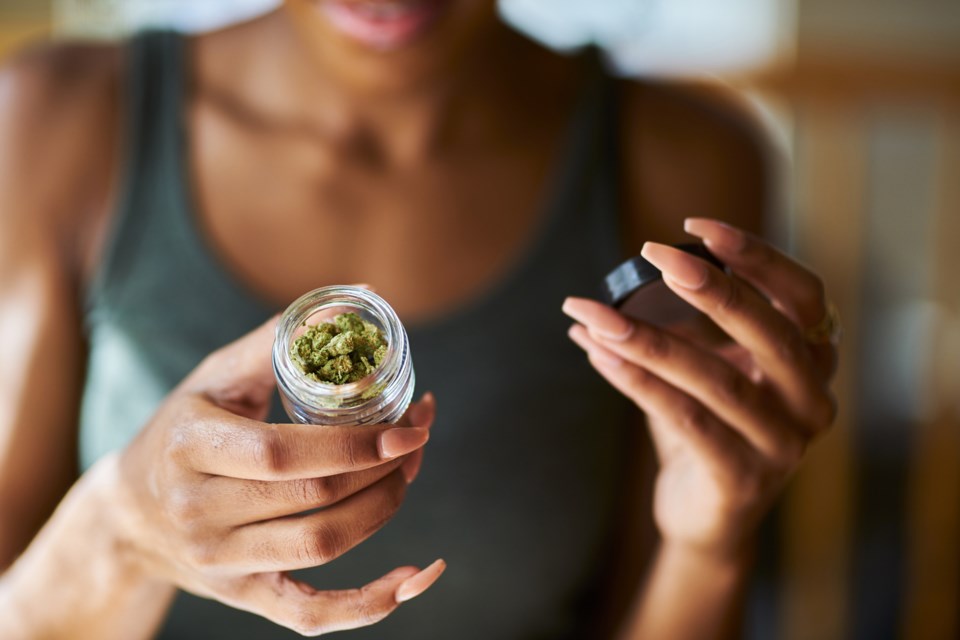The long legal history of cannabis in Canada

The owner of Northern Zen Cannabis recognizes the long path that led to his store in North Bay
While legalized recreational cannabis is becoming more and more mainstream, the path from prohibition to your corner cannabis shop has been long.
“Northern Zen Cannabis wouldn’t be standing today if it wasn’t for the pioneers in the past who made it happen,” says Zachary Lacelle, owner and operator of Northern Zen Cannabis.
Timeline of legalization
The legal history of cannabis in Canada stretches back almost 100 years. Even though it was not widely used by the public or even well known for many years, the plant had been prohibited by law for decades until legalization in 2018.
1923: Cannabis was first prohibited when it was included in the Act to Prohibit the Improper Use of Opium and Other Drugs.
1937: The first offences were recorded for possessing cannabis. Cannabis was still not widely used and there were less than 300 cannabis-related possession offences recorded between 1923 and 1965.
1972: The federal government’s Le Dain Commission report was released. It indicated that prosecuting cannabis laws was expensive and it recommended legalization.
2000: The Ontario Court of Appeal decided that cannabis prohibition was unconstitutional because it restricted access for medical use.
2001: Health Canada allowed dried cannabis for medical use.
2003 and 2004: Two bills to decriminalize cannabis both failed to pass through the parliament.
2013: New federal regulations created a licensed medical cannabis industry that included production and distribution.
2015: The Supreme Court of Canada decided that it was unconstitutional that only dried cannabis was available for medical users. Oils, extracts, and edibles were legalized for medical use.
2016: The Task Force on Marijuana Regulation and Legalization was created by the federal government. They initiated public consultations as well as consulted with provincial, territorial, municipal, and Indigenous governments to discuss legalization.
2018: On October 17, 2018, Canada became the second country in the world (after Uruguay) to federally legalize recreational cannabis.
2019: One year after legalization, edibles, extracts, and topicals were also allowed.
Reasons for legalization
There were many reasons that legalization made sense for the country. For the government, they realized that criminal prosecutions of cannabis-related laws were both expensive and unfairly enforced. Cannabis-related prosecutions disproportionately targeted members of visible minority groups and Indigenous people. Prohibition also created a booming illegal market for cannabis that some sources say was worth around $7 billion.
Cannabis users also wanted a safe and consistent product that underground sellers couldn’t always supply. With legalization, licensed growers can now supply your local cannabis shop with a vast range of high-quality and reliable products.
Robust industry
These days, the retail cannabis industry has been booming since legalization. Sources say that there are currently over 2,000 retail stores across the country and that number continues to rise. People like Zachary at Northern Zen Cannabis have been able to open local shops that offer a wide array of products from flowers and concentrates to edibles and topicals.
420 Intel is Your Source for Marijuana News
420 Intel Canada is your leading news source for the Canadian cannabis industry. Get the latest updates on Canadian cannabis stocks and developments on how Canada continues to be a major player in the worldwide recreational and medical cannabis industry.
420 Intel Canada is the Canadian Industry news outlet that will keep you updated on how these Canadian developments in recreational and medical marijuana will impact the country and the world. Our commitment is to bring you the most important cannabis news stories from across Canada every day of the week.
Marijuana industry news is a constant endeavor with new developments each day. For marijuana news across the True North, 420 Intel Canada promises to bring you quality, Canadian, cannabis industry news.
You can get 420 Intel news delivered directly to your inbox by signing up for our daily marijuana news, ensuring you’re always kept up to date on the ever-changing cannabis industry. To stay even better informed about marijuana legalization news follow us on Twitter, Facebook and LinkedIn.




